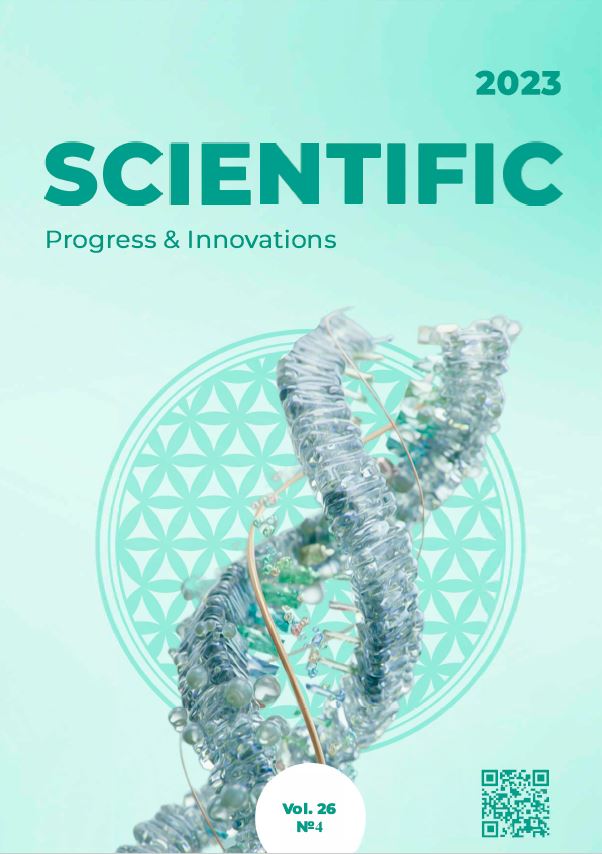Protection of apple plantations from main pests
DOI:
https://doi.org/10.31210/spi2023.26.04.11Keywords:
pesticides, active ingredient, efficiency, phytophages, harmfulness, yieldAbstract
The apple tree is the main fruit crop in Ukraine and the world. Despite the improvement of production technologies, the influence of harmful organisms on the crop is quite significant. The aim of the work was to analyze the current state of protection of gardens from pests and to establish the prospects for the use of insecticides in the future. During the research, generally accepted methods were used: theoretical and empirical. The article provides a classification of systems for the protection of industrial apple orchards against harmful organisms, which are implemented in Ukraine and the world. It is conventionally divided into: traditional, improved, integrated and organic. It was established that traditional plant protection with intensive use of pesticides dominates the farms of Kharkiv and Sumy regions. The work shows the dynamics of areas under apple orchards and the application of pesticides during 2018–2022. A decrease in both the area of apple orchards and the amount of pesticide use has been recorded, which is associated with the COVID-19 pandemic and the war. An analysis of the market of insecticides approved for use in apple orchards in Ukraine has been conducted. 84 chemical products against phytophages were analyzed, of which almost a third were combined products, pyrethroids and neonicotinoids – 16.7 % each, there are promising active substances of new chemical classes. The presented assortment of insecticides, with correct rotation during the protection of fruit plantations, makes it possible to avoid resistance in pests. The species composition of economically significant pests in the research region was established. It includes three species: Anthonomus pomorum L., Aphis pomi De Geer, Cydia pomonella L. It was established that the apple-blossom weevil occupied up to 3.5 % of the buds with intensive use of insecticides in the quarters. Green apple aphids occurred throughout the season on the edges of plantations due to constant migration from homesteads. A correlation (r = -0.97) was found between the times of treatments with insecticides and damage to apples by the codling moth. Fruit infestation by this pest did not exceed 8.2 %. Thus, chemical protection of plants is effective against pests, but at the same time has a negative influence on ecology, biodiversity of agrocenoses and human health, which requires further research and improvement of the system of protection of fruit plantations using the example of organic production.

 Creative Commons Attribution 4.0 International Licens
Creative Commons Attribution 4.0 International Licens